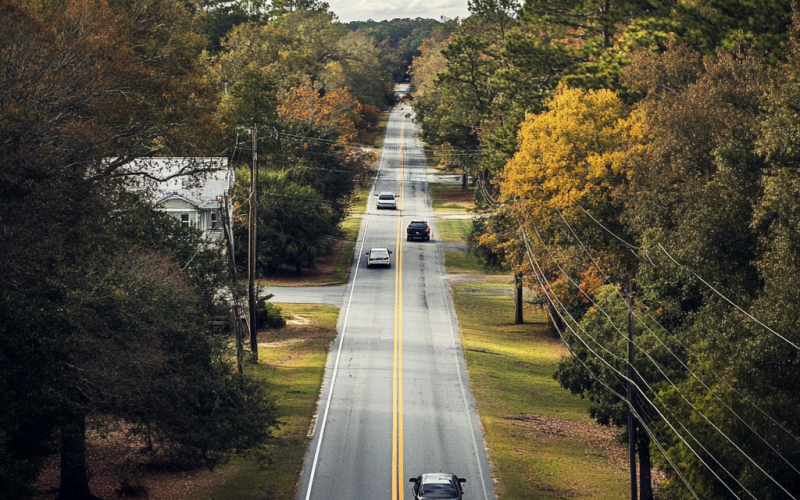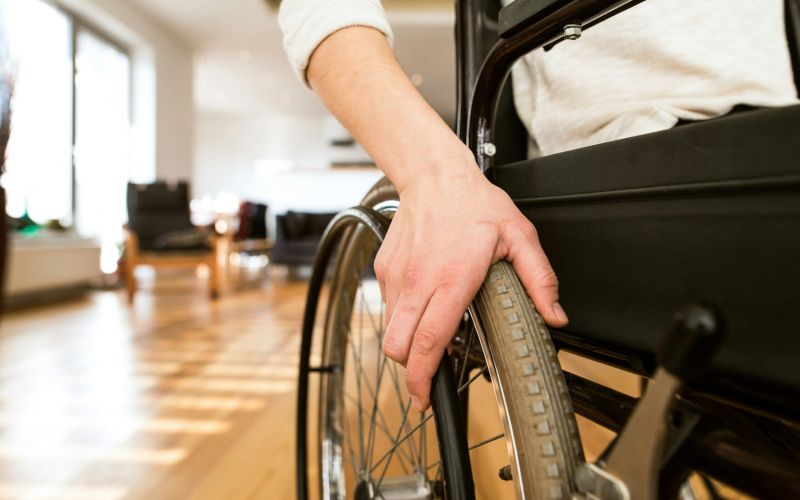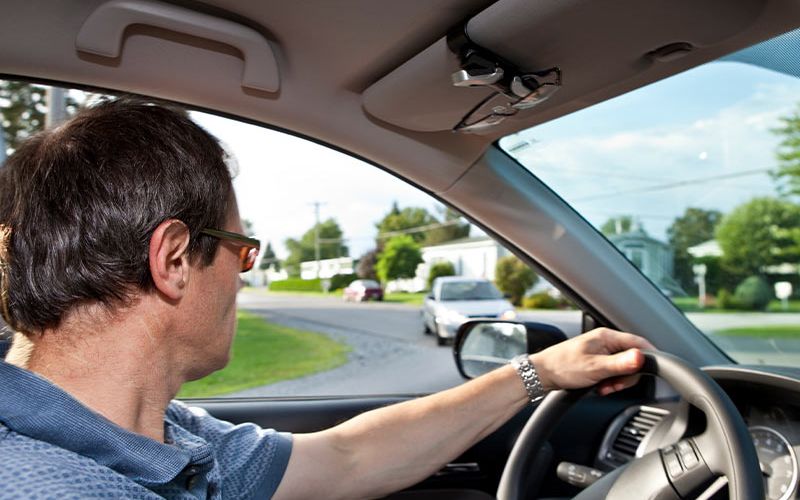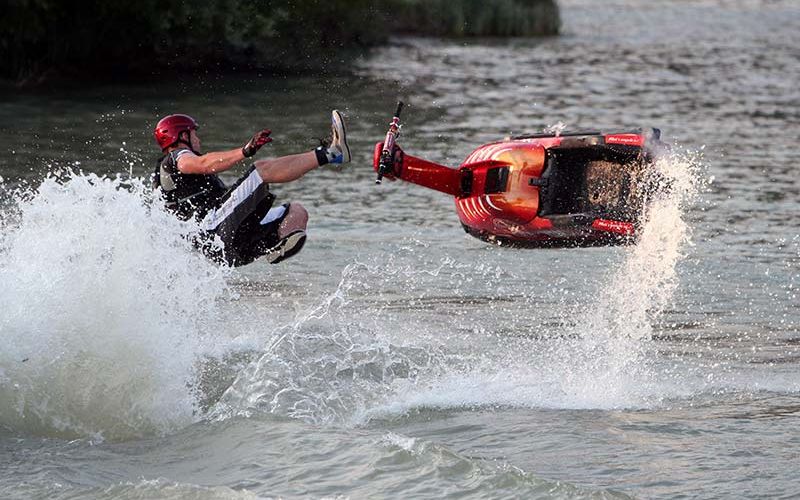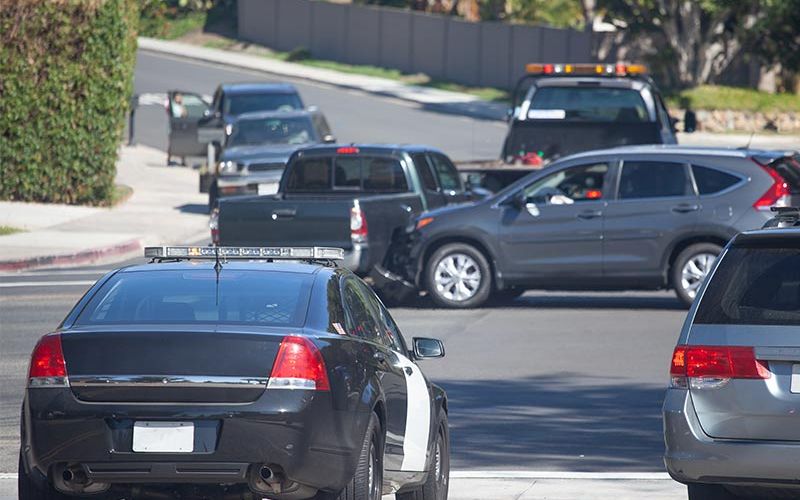What Fireworks Are Legal in South Carolina?
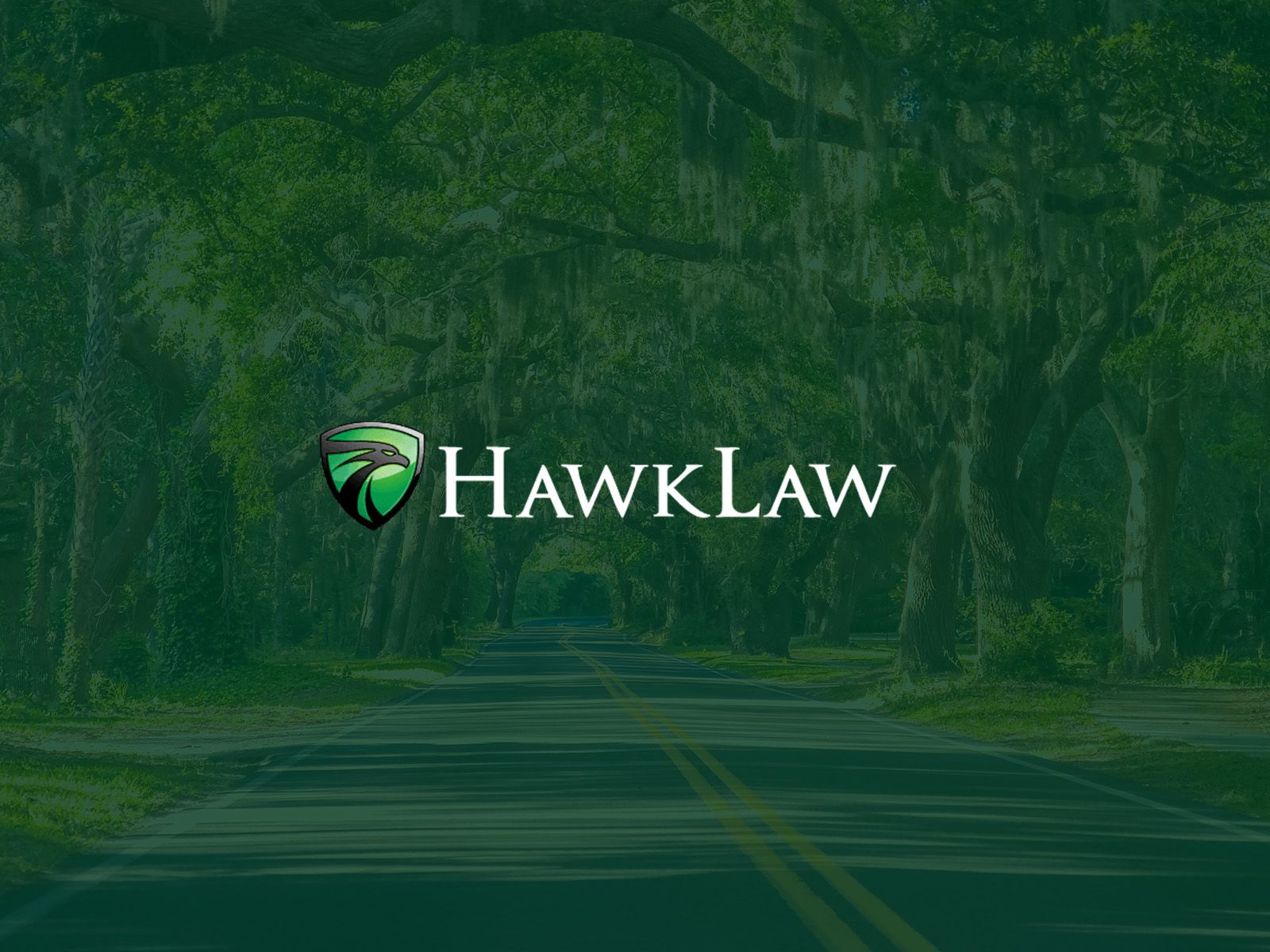


Fireworks are often used to celebrate an event or celebration. Whether it is a New Year’s or Independence Day festivity, fireworks are popular among South Carolina residents. As fun as fireworks displays may be, there are safety concerns and laws everyone should consider, and South Carolina personal injury lawyers can advise. Both federal and local laws prohibit certain fireworks, and when safety procedures are disregarded or illegal fireworks are used, the result is often severe injuries for people using or watching the displays.
HawkLaw is known for its compassionate and personalized approach to handling personal injury cases. If you get hurt by a firework injury during a Fourth of July or New Year’s celebration, contact our South Carolina law office for a consultation.
What Fireworks Are Illegal In South Carolina?
South Carolina laws are specific when it comes to the handling and use of fireworks. Under the Palmetto State’s code of laws, any pyros made with more than two grains are outlawed. Examples of fireworks prohibited by law include cherry bombs (ground salutes), M-80s, TNT salutes, and small bottle rockets less than 3 inches long and 1/2 inch in diameter. In addition to South Carolina local laws, any firecrackers containing more than 50 milligrams of pyrotechnics are prohibited by federal law. Fireworks products acceptable for consumers to handle and shoot off include mortars, aerial fireworks (Roman candles), sparklers, and cakes.
What Does the Law Say About the Purchase and Sale of Fireworks?
South Carolina law is very specific about the purchase of pyro products. According to the South Carolina Board of Pyrotechnic Safety, you must be at least 16 years old to buy consumer fireworks. Local governments also have the authority to establish their own rules regarding the time and place to shoot fireworks. Therefore, there may be unique ordinances for fireworks between cities like Columbia, Charleston, Lexington, and Myrtle Beach. Before shooting off fireworks, always check the law to ensure you aren’t breaking local ordinances.
State law is also explicit about the sales of fireworks. Consumers should always ensure they aren’t accidentally buying illegal fireworks, either in the type of fireworks or from an unlawful seller. You can spot a legitimate and licensed fireworks retailer by seeing a 3″ x 5″ permit sticker posted on the building. Sales of fireworks must take place in a structure, as state law prohibits selling fireworks from a motor vehicle, canopy, or tent. Anyone operating out of these is illegally selling pyrotechnics and should be avoided.
Individuals wishing to operate a fireworks store must apply for an annual license from the South Carolina Department of Revenue and pay a fee of $200 that is good for one year. Sellers must also hold a valid Certificate of Insurance; a 90-day license fee is $100. The insurance policy must provide coverage for at least $1 million for injuries or damages caused by accidents.
What Are Best Practices for Fireworks Displays?
To avoid accidents, individuals holding fireworks shows should always practice safe handling to ensure no one gets hurt, including themselves. Good safety practices include:
- Setting off aerial fireworks in an area with good clearance where no trees, buildings, or grass is present.
- Establishing a safety perimeter to ensure people watching aren’t injured and maintain a safe distance away from the launch area.
- Keeping a bucket of water and a fire extinguisher nearby.
- Reading all labels and instructions before igniting any pyrotechnics, including fireworks.
- Avoiding any consumption of alcohol or drugs while lighting fireworks.
- Never trying to relight a dud firework; wait 20 minutes and then soak it in water.
- Keeping pets away from any fireworks displays.
- Not setting off fireworks on windy days; doing so can cause debris to spread and start a fire.
Following these and other safety rules will better decrease the chances of people becoming injured. If you observe anyone unlawfully shooting off explosives, report them to the local police or fire department right away.
What Are Common Fireworks-Related Injuries?
Sadly, fireworks-related injuries happen more often than most people think, especially around the 4th of July. A harmful firework may result in serious injuries such as burns, bone fractures, lacerations, and eye injuries. Hands and fingers injuries are the most common firework injuries, with burns being the most prevalent. Injuries to the head, ear, and face are the second-highest common fireworks-related wounds people suffer. Eye injuries are the third most common fireworks injury emergency rooms treat, followed by injuries to the legs, arms, and trunk.
Unfortunately, many of these injuries lead to permanent damage or disability for victims of fireworks accidents. What’s worse is the majority of these accidents are preventable with common sense, along with legal fireworks practices being followed.
Injured by a Firework in South Carolina? Call a Lawyer
Sadly, every year more than 15,000 people are injured in fireworks accidents, and approximately 20,000 fires are started. Either type of accident can lead to significant injuries or worse. If you or a loved one was injured during a fireworks display, the attorneys at HawkLaw can help. Our personal injury lawyers aggressively pursue justice for people who are injured in careless and negligent fireworks accidents. HawkLaw fights to win. For a consultation, call our law firm today at 1-888-HAWK-LAW (429-5529), or visit our contact us page to send us a message online.
Hawklaw, P.A. has offices serving burn injury victims in Charleston, Columbia, Greenville, and Spartanburg.
John D. Hawkins
John Hawkins is the Founder and CEO of HawkLaw He has been licensed to practice law in South Carolina since his graduation with honors in 1994 from the University of South Carolina School of Law, where he was on the Law Review and Order of Wig and Robe.
-
$3,000,000*SettlementTrucking Accident
-
$1,005,000*SettlementCar Accident
-
$575,000*SettlementPersonal Injury
"*" indicates required fields



